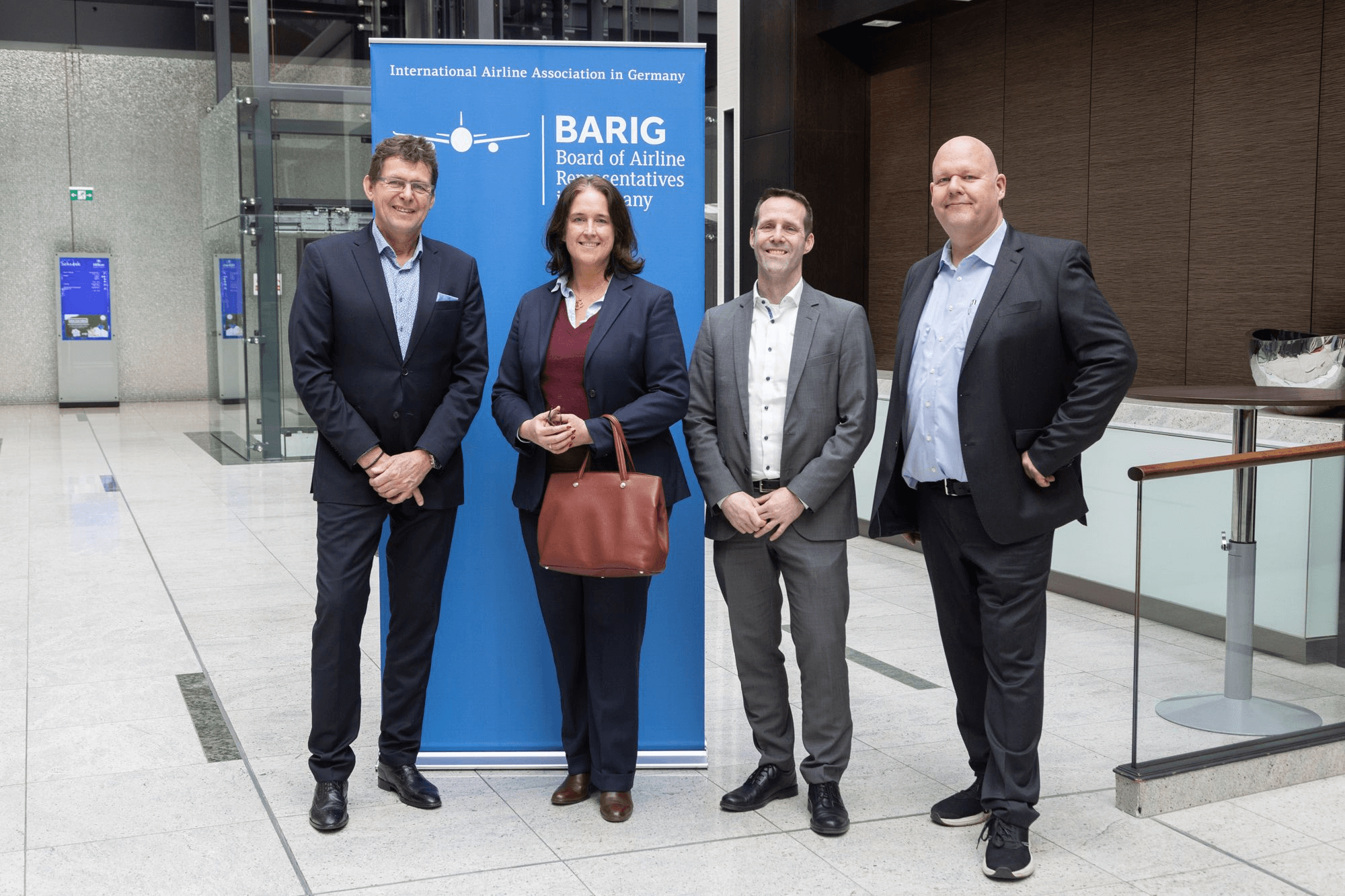The bicycle is experiencing a boom in recent weeks. In the USA, when the global pandemic broke in March sales figures rose by 40 percent compared to last year. In Edinburgh, Scotland, cycling during Corona has increased by 454 percent. In addition to price and comfort, the perceived risk of infection will in future play a role as to the selected choice of transport, according to a current analysis by McKinsey. In contrast, the number of passengers on public transport has slumped by 70 to 90 percent during the lockdown in the world’s largest cities. Buses and trains are considered “virus spinners” by commuters.
Bicycles and pedestrians first in the cities!
Cities are becoming the drivers of the new bicycle mobility. Prior to Corona, trains and buses prevented traffic from collapsing; in the Corona era it is the bicycle. Many cities followed the WHO’s call at the beginning of the pandemic: “Please walk or use the bicycle whenever possible! Cycling strengthens the immune system and the lungs, thus reducing the risk of contracting the virus. The new trend in the cities: “official bicycle instead of company car”. The city dwellers who avoid public transport today because of Corona will stay with their bike or e-bike after Corona. The corona virus will become the catalyst for car-free city centres. In the world’s major cities and conurbations, the future belongs to bicycles and scooters. In order to keep the minimum distance, car lanes will become bicycle lanes and footpaths will become wider. In Vienna and Berlin, residential streets are becoming meeting zones. New York, Vancouver, Mexico City and Budapest have established car-free side streets in favour of pedestrian and bicycle traffic. Milan had already adopted a health strategy before the Corona pandemic, which aims to achieve more clean air by planting three million trees.
Corona is the gamechanger of a new mobility
This makes Corona the gamechanger of a new mobility in the cities. Car-friendly cities become healthy cities for all citizens. The “Velorution”, the bicycle revolution, leads to massive investments in the inner cities as well as in the outer areas. In Paris, cyclists and pedestrians are given more space. The French capital is investing more than 300 million euros in the construction of a network of 680 kilometres of cycle paths. Almost half of the 133,000 parking spaces will be converted into cycle paths. The recently re-elected mayor Anne Hidalgo is pursuing a clear vision with the “15-minute city”. Within this timeframe, Parisians should be able to reach their most important places on foot or by bicycle: work, kindergarten, school, shopping, culture and restaurants. Each district should function like a small city in its own right. The Belgian capital, Brussels, also gives cyclists and pedestrians right of way today. Cars, buses and trains are to travel at a speed of only 20 kilometres per hour. This means that more and more cities are preparing for post Corona, when more people are going to the office or shopping in the city centre.
The public space in the cities will be redistributed after Corona. Cyclists and pedestrians will be given right of way not only for reasons of virus protection. It is about better air, less noise and a better quality of life. Accidents, environmentally harmful emissions and sick days can also be reduced by a traffic turn towards zero. Cities are responsible for almost 80 percent of CO2 emissions worldwide. To reduce accidents and emissions, more and more cities are introducing speed limits of 20 or 30 km/h. Many cities now have a ban on overtaking bicycles. Studies show that this does not make traffic slower overall, but faster as the roads can accommodate more vehicles. People who commute to work by bike have up to 25 percent fewer days off work due to illness.
Public transport is the loser of the crisis
And public transport? In the Corona era, the bearer of hopes for mobile visions of the future has become the biggest problem child. Since the outbreak of the pandemic, public transport has collapsed by approximately 50 percent. According to surveys, many citizens choose to travel less by bus and train after the crisis. The losses in turnover are enormous and run into the billions.
Public transport can become the mobility player of the future if it draws the right conclusions from the megatrends of health, individualization and digitalization and thinks mobility the way its customers do. Public transport must become cleaner, safer, faster and think bigger if it is to be relevant in the future. They will have to abandon their regional vested interests and orient their services more consistently to the changing mobility needs of all citizens. This includes thinking along with the new mobility routines such as home office times during commuter rush hours, the integration of coworking models as well as automatic, contactless check-in, tariffs and payment models based on the model of “all-inclusive mobility”. It is about connecting all modes of transport and new partnerships that include the flexible use of e-bikes, cargo bikes, taxis and rental cars.
Austria and Switzerland demonstrate how this change can succeed. Next year, Austria is planning to introduce a ticket for all public transport throughout the country, which will cost only three euros per day. The model is Vienna, where an annual ticket of 365 euros for all trains and buses is already available. And in Switzerland, the railways offer a mobility subscription consisting of train and e-car, including service, tyre change, insurance and taxes. In Luxembourg – at the headquarters of Globality Health – since March 2020 all public transport is free making ticket controls are thing of the past.
The future belongs to flexible and free flat rate mobility. State, federal and European-wide. Individual and public, healthy and comfortable transport is not a contradiction, but the solution for mobility to Corona.
Daniel Dettling is a lawyer, administrative and political scientist and futurologist. He heads the Institute for Futures Studies, based in Berlin. He is a columnist for Globality Health and writes regularly about megatrends and current topics.






